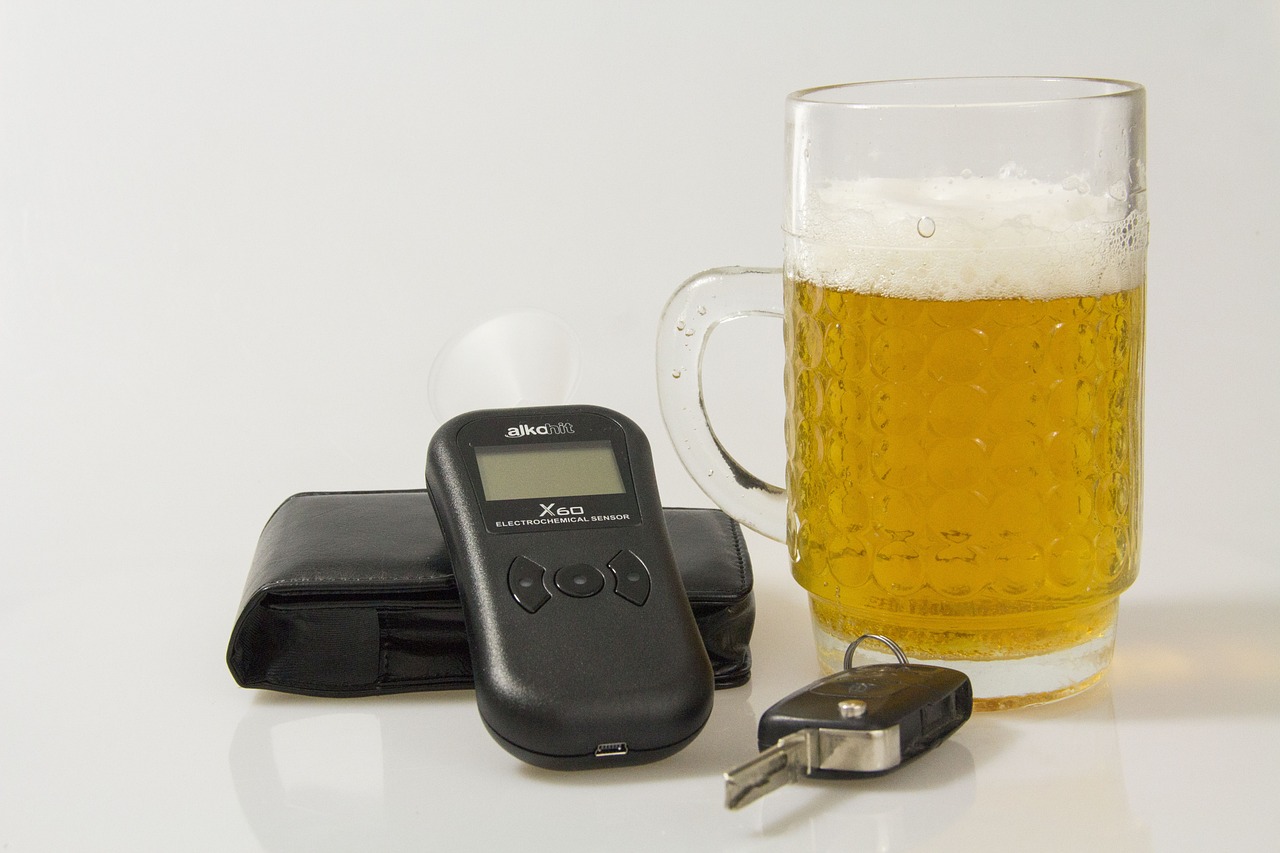
If you’re of legal drinking age, you know well that drinking alcohol causes a lot of changes to a person. Not only do they typically act in a different way, but drunk people also will experience a loss of motor function and an inability to keep their balance. At the end of the day, it can sometimes be a little obvious when someone has had a lot to drink.
Law enforcement officers, while out of the field, are aware of this too. If you’re ever pulled over by a police officer and suspected of driving while intoxicated, the officer speaking with you will eventually make you blow into a Breathalyzer. Before that, however, law enforcement uses a serious of simple tests to help determine whether you’re driving drunk or sober.
Horizontal Gaze Nystagmus
Also known as the HGN test, an officer will take their finger or something similar and slowly move it from left to right, asking you to follow the object with your eyes. In this scenario, they are trying to watch the way your eyes rotate. Your eyes will move in a much more exaggerated manner if you’re intoxicated, and you may have trouble following the instructions. If you’re accused of driving while drunk, you’ll want to speak to a DWI lawyer immediately.
One-Leg Stand Test
The police officer interviewing you might ask you to temporarily stand on one leg while you count for 30 seconds. In that time, the officer will try to observe your behavior, especially your balance. If you must adjust to keep your balance, sway while standing, or use your arms or other foot to balance, they will likely suspect you of being intoxicated and have you blow.
Walk-and-Turn Test
Perhaps the most common form of field sobriety test, a law enforcement officer will have you walk in a straight line, from heel to toe. Then, they will have you turn around on one foot and repeat the process. They may suspect you of being drunk if you experience balance issues during this test, cannot remember the number of steps asked of you, or try to start taking steps before the test is explained to you.
Call Chris Miller for Your DWI Troubles
These tests are extremely common, but they do not guarantee the intoxication of the person. A lot can happen between you and law enforcement when you get pulled over, especially if you’re charged with a DWI. You need a skilled DWI lawyer who can help you understand the facts of your situation. If you’re looking for that lawyer, contact the Law Office of Chris Miller. We can handle your case with the care you need and the diligence you deserve.

